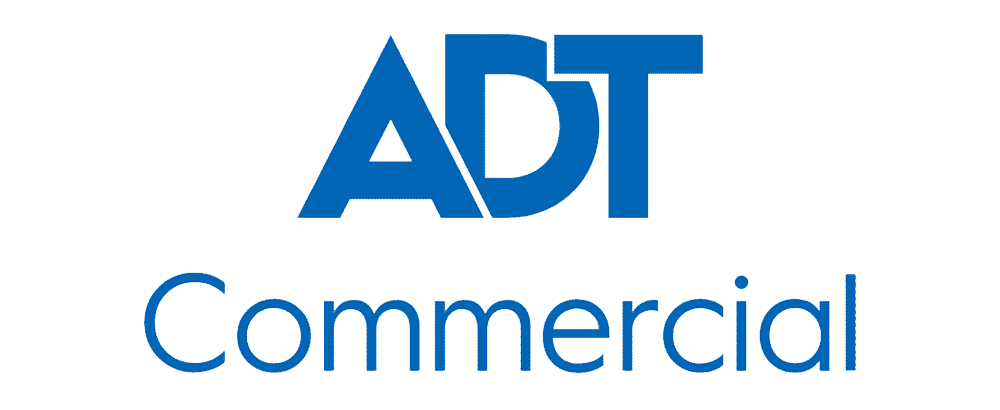Prepared for Crisis and Resilience

During this challenging time, keeping up an open, honest dialogue is key. It’s this dialog that is an opportunity for organizations to share what they know, the impact to their staff members, and the impact to their customers / clients. We are co-developing a shared experience that seeks to connect us.
As the COVID-19 situation continues to impact businesses across industries, we’ve been called upon countless times to advise on how to approach a seemingly all-encompassing threat that is constantly evolving. We’re sharing a few foundational crisis management tactics that can be applied to help organizations weather, recover from, and prepare for future crises.
Pandemic Plan Options are good
From our research and practice, we know that sometimes you have time to strategize and plan, and sometimes you need a quick cost-effective solution to an urgent need. Choose an advisor and technology partner who can scale to meet your needs today and tomorrow.
If we don’t have a pandemic plan in place, what are the most important things we should
be doing at this time?
The pandemic provides an opportunity for a defined crisis management team to come together and start providing value in response to the current situation. This can happen at any time during the crisis. A well-organized team that is dedicated to crisis response can relieve others so they can continue to perform their jobs and address customer needs.
What is the role of a crisis management team and who should be on it?
The purpose of a crisis management team in a pandemic plan is to provide coordinated leadership to individuals, resources, and companies in response to a critical incident or crisis. The crisis management team should develop courses of action that support efficient decision-making, communicate critical information, and engage with leadership during the crisis.
A crisis management team should have a leader who can make timely decisions, and individuals with the expertise to provide information and insight to respond to the event. Typical roles represented on a crisis management include human resources, security, legal, logistics, and communications.
What are the key risks that we need to be mindful of right now?
There are two risks that must be managed simultaneously; (1)the health and safety of your employees and (2) keeping the business financially viable. These are complicated risks that may conflict at times. Consistent communications are a critical component of how to manage these risks. People are good at making up stories in a vacuum and often those stories are incorrect and in fact, may make the risk more difficult to manage.
What are the most common mistakes and impacts from not having a pandemic plan?
The most detrimental mistake is delay in critical decision-making. Having a well thought out and practiced crisis management plan allows organizations to respond quickly and effectively to unpredictable challenges and can position them to return to normal operations more efficiently.
The second most detrimental mistake in your pandemic plan is thinking that your employees, crisis management team, and senior leadership can work 24 x 7. Each individual needs time away from the crisis to ensure their physical and emotional health are in good (enough) shape. Make sure that your organization has back up people to temporarily relieve those on the front lines.
How do we prepare, during this crisis, for the new normal that will come?
It is difficult for any organization to respond to the important and urgent needs that arise during a crisis, and yet, it is important to find time to strategize recovery, defining the new normal, and planning for future crises. At ADT Commercial we are attempting to follow our own advice. We are letting our crisis management team handle our response to the crisis while informing senior leadership about our actions and decisions. This gives the senior leadership a sense of what is occurring while informing the long-term strategy decisions they are making.
As business starts to return to operational, we’re imagining that many of our customers will need to realign and reforecast their budgets and expenses. As many states will be moving to the other side of the pandemic bell curve, ADT Commercial will be having conversations with our clients to discuss the right balance of people, process, and technology that will help
organizations do more with less.
Now that many of us are working remotely, what do you believe is the role of corporate
security and the duty of care to our employees?
Corporate security still has a duty of care to employees, the infrastructure of the organization, and the physical spaces as part of their pandemic plan. An outreach program to remote employees becomes not only an opportunity for the chief security officer and other security staff to ensure employees are safe, but also helps the organization to get a clear idea on how to prioritize limited resources.
ADT Commercial is uniquely organized to help security executives rethink their strategy in a world where a third or more of their workers might be remote. We are experienced in deploying subscription-as-a-service models for handling IT architecture through our secure data centers, both for commercial and residential customers.
We believe our collective ability to provide leadership, innovation, and effective responses will help our employees and our community through this crisis. Equally as important is fostering these types of dialogues, providing essential value and knowledge to be applied now only now, but in the future when a new threat emerges.
By: Wendi Walsh, Senior Principal Enterprise Security Risk Group, ADT Commercial
